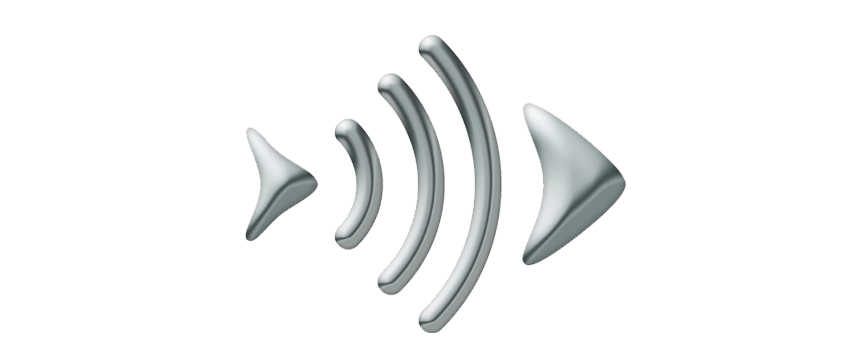
Bishop Vincent Zhu Weifang of Wenzhou passed away on Sept. 7. In 2015, the bishop led protests against the government's cross-removal campaign in Zhejiang. (Photo supplied)
Relations between the Vatican and China are likely to intensify with the death of Bishop Vincent Zhu Weifang of Wenzhou on Sept. 7. He was 89.
Bishop Zhu, who spent decades in China's notorious labor camps, was acknowledged by both the Vatican and China. However his automatic successor, Coadjutor Bishop Peter Shao Zhumin, has Vatican recognition, but no authorization from the Chinese government.
This and the earlier passing of underground Bishop Vincent Huang Shoucheng of Mindong on July 30, brings to the surface the ongoing dispute between Vatican and the Chinese Communist Party over who appoints bishops in the country or more broadly who has the final say on matters relating to the Catholic Church in China.
A new round of negotiations between the Holy See and the Beijing government were reportedly held in Rome during August. Some hope that both sides can reach an agreement on the appointment of bishops.
But for Bishop Shao to be installed as a government-recognized bishop, he would have to meet general requirements set by Chinese authorities. On such requirement is to concelebrate Mass with a bishop ordained without papal mandate. He would also have to become a member of the Chinese Catholic Patriotic Association, a lay organization that is accused of controlling the church for the government.
Such criteria goes against the conscience of many underground Catholics who claim loyalty to the Holy See.
If Bishop Shao complies with the government's requirements, he risks being despised by his some 80,000-strong congregation — almost double the size of the open community formerly headed by Bishop Zhu.
Similarly, Coadjutor Bishop Guo Xijin succeeds underground Bishop Huang of Mindong. The Diocese in eastern Fujian province is a stronghold of the underground community with about 80,000 Catholics. Bishop Guo is also not recognized by the government, while there is an illicit bishop — Bishop Zhan Silu — who is not recognized by the Vatican but who has government-backing in the same diocese.

Underground Bishop Peter Shao of Wenzhou (right) with his chancellor Father Paul Jiang. (ucanews.com file photo)
Officials take successor on 'sightseeing trip'
The funeral for Bishop Zhu is scheduled for Sept. 13 but only 400 people are allowed to attend the ceremony, said a local source who asked not to be named.
Government officials have already taken Bishop Shao, his chancellor Father Paul Jiang Sunian and at least one other priest on a "sightseeing trip" a week ago when the health of the elderly bishop turned critical, according to the source.
"Even priests of the open community have to obtain a permit from the public security officials to enter the church in Ma'ao village, Yongjia county, to pay tribute to their bishop today," said the source.
Protest against cross-removal campaign
Bishop Zhu led his priests to protest against the government's cross-removal campaign in Zhejiang in July 2015. The campaign, which lasted from late 2013 to around March 2016, saw more than 1,700 crosses removed from Christian churches in the province, where there are an estimated 2 million Protestants and 200,000 Catholics.
Bishop Zhu was born to a Catholic family on Dec. 10, 1927 in Yongjia county of Zhejiang. He entered the minor seminary in 1939. In 1954, he was ordained a priest, three years earlier he graduated from Xujiahui major seminary in neighboring Shanghai Diocese.
For his faith, Bishop Zhu faced his first arrest in 1955 and was sent to a reform-through-labor camp. He was released in 1971 but was arrested again in Easter of 1982 and imprisoned. Later he was released on bail in 1988.
As the bishop's health began to deteriorate in recent years, he granted full authority to Father Ma Xianshi, one of his three vicar generals, to manage the diocesan affairs in March and reshuffled parish priests in early August.


